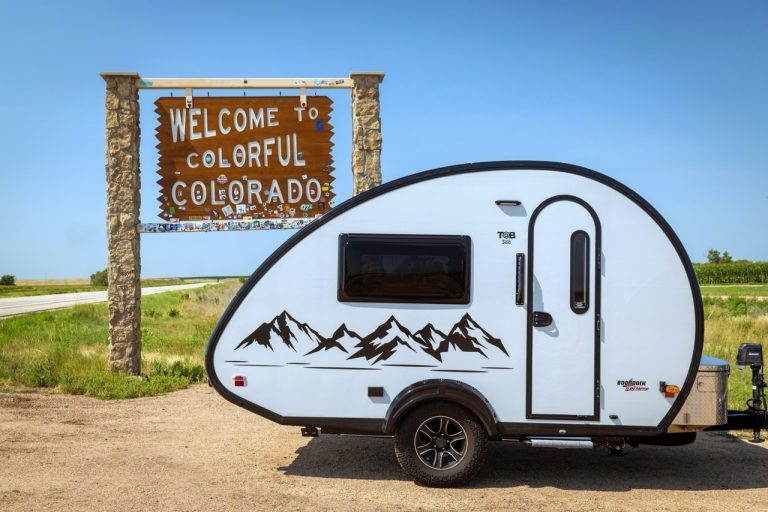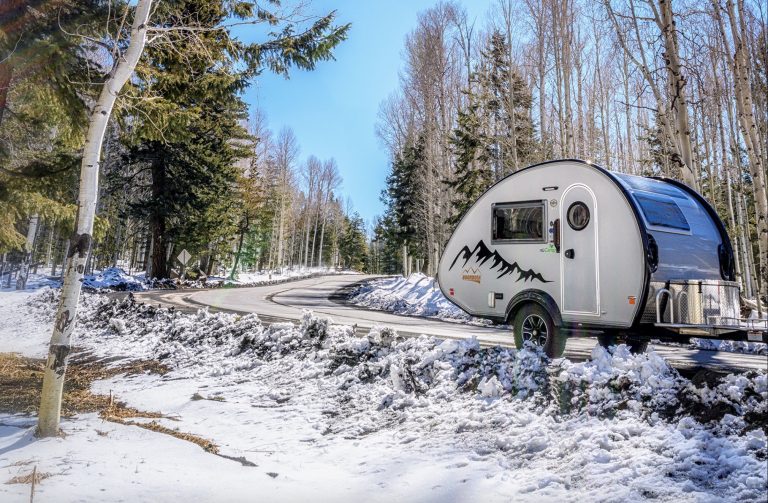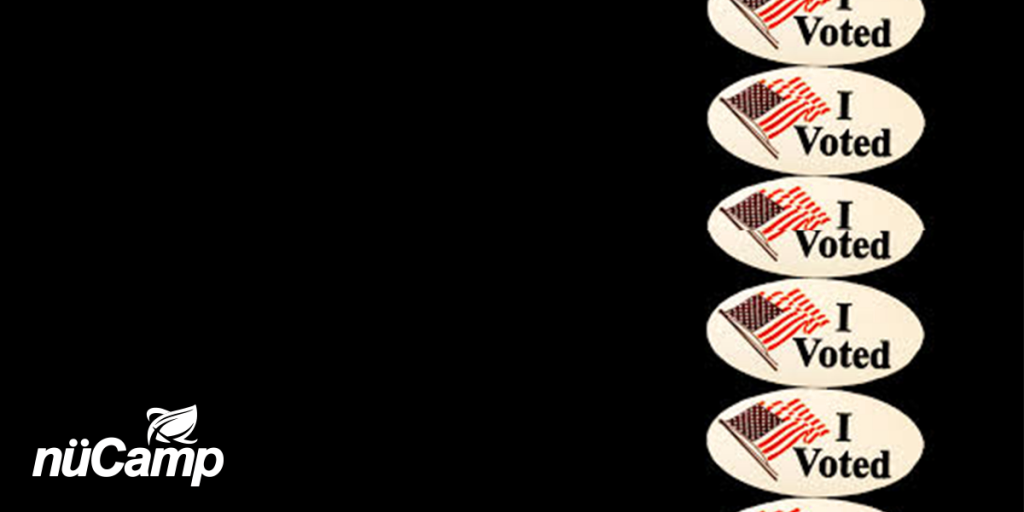RV-ing outside your home state, but still in the U.S.? On the road and outside the nation’s borders? Here’s what you need to know and do to cast your ballot on Election Day. (If you want to know about the different kinds of elections that take place in the U.S., visit Politics 101: What Are the Different Types of Elections in America?)
Absentee Voting
If you are traveling outside your state of legal residence, you must get your absentee ballot from your state or territory. According to USA.gov, your state may require you to have a valid excuse to vote absentee.
Acceptable excuses vary by state but most include:
- Being unable to get to your polling place due to illness, injury or disability.
- Being on business travel or vacation outside of your county or city of residence on Election Day
- Being a student at an out-of-state college or university
This National Conference of State Legislatures table shows the states that require an excuse.
In some states, you may cast an absentee ballot in person before Election Day. To do this, you must request an absentee ballot from your state. Your state may require you to submit a valid excuse too.
For information about each state’s specific requirements, visit your state or territorial election office website and look for “Absentee Voting” or “Voting By Mail.” If you don’t see either term, try using the site’s search tool. Then follow your state’s instructions for requesting an absentee or vote-by-mail ballot.
Early Voting
According to USA.gov, most states allow you to vote during a designated early voting period without having an excuse. This early voting chart lists time frames for states that offer early voting. Since the rules change from state to state, know your state’s rules if you plan to vote early or in-person absentee. Go to your state/territorial election office website and check under “absentee voting” if you don’t see information listed under “voting in person” or “early voting.”
Voting While Overseas
If you are overseas, USA.gov says you can register to vote and request an absentee ballot by using the Federal Post Card Application (FPCA), but you must know your voting residence for this. Submit your FPCA as soon as possible because you need to receive your absentee ballot in time to return it by your state’s deadline. If you don’t, you can use the Federal Write-In Absentee Ballot. Visit the Federal Voting Assistance Program to learn more.
More Tips
You must be registered to vote and your registration must be active and accurate if you want to vote, vote early or cast an absentee vote. In many states, your political party affiliation must be up-to-date to take part in a party’s primary elections or caucuses.
Even if none of your information has changed, you should check your registration before every election you want to vote in. This is vital if you haven’t voted recently. Your state may have dropped your registration from its rolls or changed your polling place. And if you’ve moved permanently to another state, you must register to vote in the new state.
If you aren’t registered, go to Vote.gov to register to vote. Depending on your state’s voter registration rules, the site can help you. Online registration is available for 38 states plus the District of Columbia.
Then download the National Mail Voter Registration Form, complete on the screen or print the blank form and fill it out by hand. Sign the form and mail to the location listed for your state. The site also has guidance for states and territories with different registration procedures. Note: You must have a permanent home to register.
You can also register in person with your state or local election office. You may also be able to register at one of these nearby public facilities. Check with the actual location first.
- The department of motor vehicles
- Armed forces recruitment centers
- State and county public assistance offices such as SNAP/food stamps and WIC
Keep in mind that every state except North Dakota requires citizens to register if they want to become voters and the registration deadline could be as much as a month before an election. For deadline information for your state, visit U.S. Vote Foundation or check your state or territory’s election office.
Do you need to check your voter registration status or make changes to it? You have several options:
- Check it online at the U.S. Election Assistance Commission’s Register and Vote in Your State page or at Can I Vote. Either place will bring you to your state’s voter registration page. There, you can find instructions on how to check and change your name and address. If your state keeps track of political party preference, you will find out how to check and change that too.
- Make changes online if your state has online voter registration.
- Make changes by mail by downloading, completing and mailing the National Mail Voter Registration Form. All states except New Hampshire and Wyoming accept it. Or access your state’s form online from its voter registration web page if available. (If you need to receive the form by mail, contact your state or local election office.) If you’re overseas, go to the Federal Voting Assistance Program to change your voter information and request an absentee ballot.
- Make changes by phone by contacting your state or local election office. Some states will accept changes over the phone.
For More Information
U.S. Vote Foundation — US Vote is a private, nonprofit, nonpartisan public charity founded in 2005, incorporated in the state of Delaware. The foundation has no official connection to any government entity.
Vote.org — Vote.org is a 501(c)(3) registered non-profit organization and does not support or oppose any political candidate or party.
Federal Voting Assistance Program — U.S. government site offering voting assistance for Service members, their families and overseas citizens
Vote from Abroad — Vote from Abroad provides assistance to voters who are US citizens living outside the US, and to members of the military and merchant marines, as well as their families. We help voters request their ballots in all 50 states, the District of Columbia and the territories.
Travel.State.gov–Absentee Voting Information for U.S. Citizens Abroad — Consular Affairs (CA) is the public face of the U.S. Department of State. It is responsible for the welfare and protection of U.S. citizens abroad, for the issuance of passports and other documentation to citizens and nationals, and for the protection of U.S. border security and the facilitation of legitimate travel to the United States.
Recent Articles





